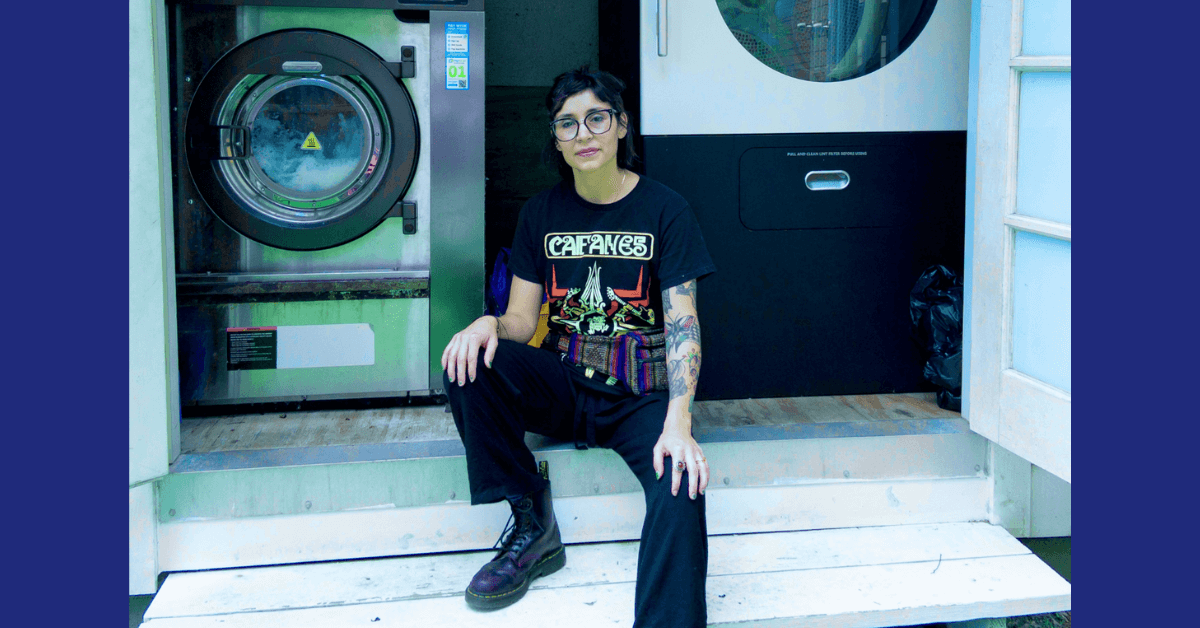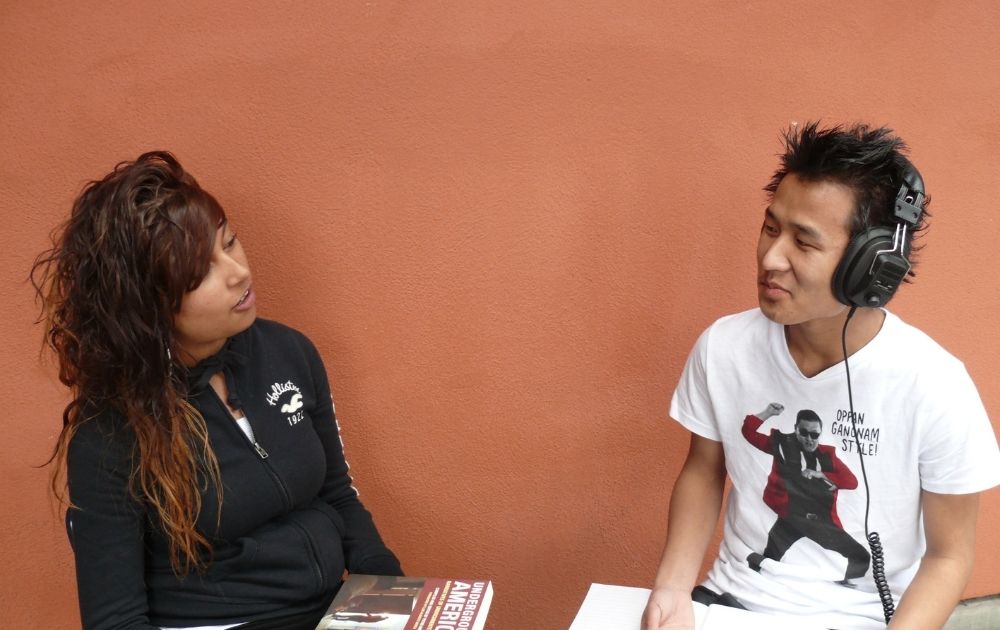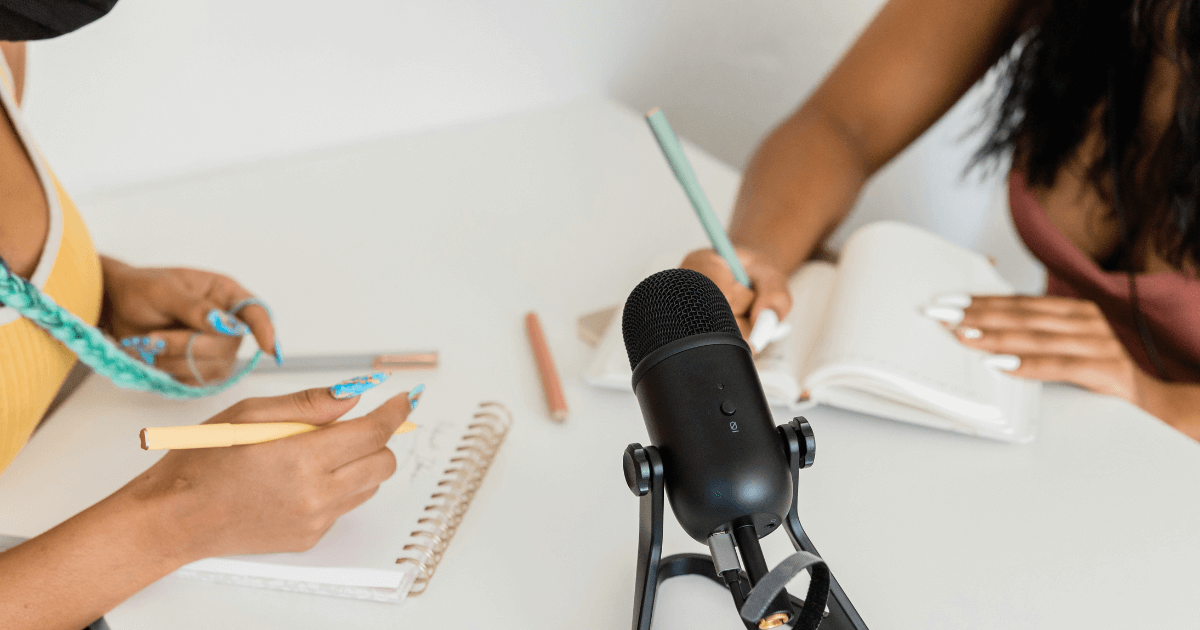2019 marks 10 years for Voice of Witness as a nonprofit, and in celebration of this exciting milestone, we’re resurfacing powerful stories from every oral history book in our series. Though time has passed since these stories were first published, many of the themes and issues they address are as relevant and important as ever.
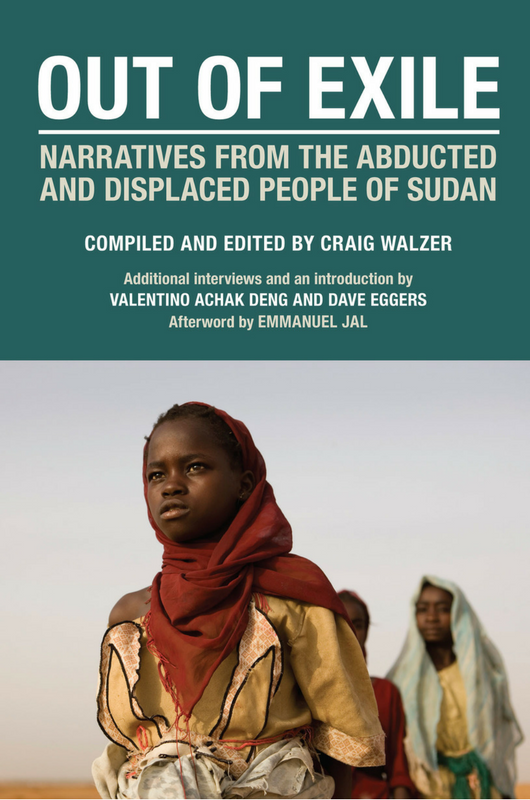 In April, pro-democracy protests led to the ousting of Sudanese President Omar al-Bashir, and since then the country has been controlled by a military council.
In April, pro-democracy protests led to the ousting of Sudanese President Omar al-Bashir, and since then the country has been controlled by a military council.
Over the past 30 years, millions of people have fled from conflicts and persecution in all parts of Sudan, and many thousands more have been enslaved as human spoils of war. In our book Out of Exile: Narratives from the Abducted and Displaced People of Sudan published in 2006, men and women recount life before their displacement and the reasons for their flight.
They provide insight on the major stations of the “refugee railroads”—the desert camps of Khartoum, the underground communities of Cairo, the humanitarian metropolis of Kakuma refugee camp, and the internally displaced persons camps in Darfur. Included are stories of escapes from the wars in Darfur and South Sudan, from political and religious persecution, and from abduction by paramilitary groups.
We hope these stories provide a better understanding of the historic conflicts in Sudan, and the significance of the movement to establish a democracy in the country today.
Order your copy of Out of Exile here and get 50% off!NADIA’S STORY
Nadia fled from war in Darfur as a child. She became a young mother in Cairo and after three years in exile decided to return to Sudan no matter the peril, since, as she says, “It’s just better to die in my country, in my home.” 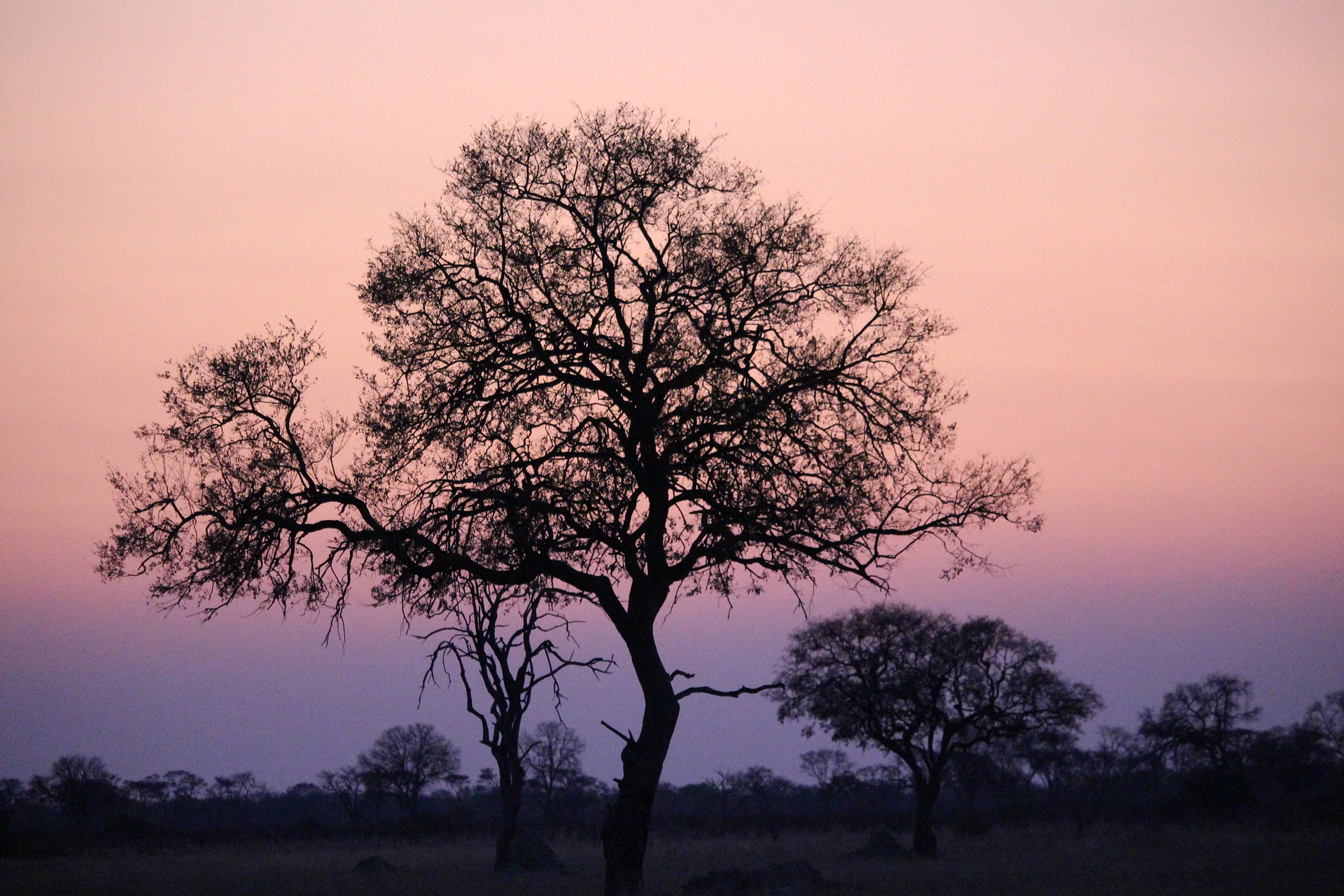 THE VOICE OF GUNS
THE VOICE OF GUNS
It was 2003 or 2004. I was not yet fourteen. My father was coming from the farm, and my mother was outside with the cows. I was cleaning the cows’ pen. My mother came back from the field and she yelled to me, “Did you finish?” because she wanted to get the cows inside. At the same time, my father was coming back from the farm. My mother got the cows inside the pen and closed the door. My mother and I went outside together to greet my father. My brother and sisters were inside the house.
Three or four men came, wearing something around their heads. You could only see their eyes. They were armed. They were running on foot and they were holding guns. I don’t know if they meant to shoot us, but they did shoot another man and his wife who were our neighbors. The armed men were speaking, but I was scared and didn’t hear them. I didn’t understand what they were saying. My parents told me I needed to run. They called my sisters and told them to run.
I had heard of armed people coming and shooting before. I had heard the voice of guns many times, but I had never seen anything like this before.
I saw the men shoot children from the village. A boy was playing. They shot him also. I don’t know why. All of us just ran away. I was just thinking about how to run away.
“Everyone was confused and I don’t know how, but this was when I lost my mother and father.”
It was a messy moment. My father was holding his work tools and running. We were running very fast, and we met another group coming from the opposite direction. It was another group of people fleeing the place. Everyone was confused and I don’t know how, but this was when I lost my mother and father. My brother, Mohammed, took my hand, and we started running with the new group of people.We ran away to a quiet place. We tried to hide. I was trying to hide myself, and my brother was watching the area to see if people were coming to attack us.
Two or three people showed up. They looked the same, with covered heads and covered arms. Mohammed told me to hide behind a tree. They didn’t see me. I hid myself well. It was a big tree and I made myself small. When they moved to one side of the tree, I moved too to hide myself. Mohammed kept watching. Then they shot my brother from the back, and they ran away. Two shots. Then they ran away.
Mohammed was bleeding. I tried to wake him up, but he didn’t move. I tried to hear his breathing—nothing. I tried to make him talk—nothing. So I moved. I ran. I kept crying, running, and crying and running. I ran for maybe fifteen minutes. I met a man named Mahmoud and his brother.I hadn’t seen them before. Mahmoud said he was also from Greda. He asked me, “Why are you crying?” I told him that my brother had died. They asked me, “How do you know he’s dead? Maybe he’s still living.” I explained to them that I tried to hear him breathing and he didn’t move.
“I explained to them that I tried to hear him breathing and he didn’t move.”
We started running together. We ran for about two hours. We kept running, and they held me sometimes to keep me running. Mahmoud’s brother said we would run to Nyala. It was my first time ever leaving my village.
Mahmoud is not short, not tall, not fat. Darker skin. A very normal, kind person. He’s maybe thirty years old. He was very confused and scared like me. They were all afraid like me.
In Nyala, we arrived at the central station, and I met a woman I had seen during the attack. I asked her, “You were with us when the people attacked?” She said yes, and I asked her about my parents and about my sisters. The woman said to me, “I saw that your parents and one of your sisters had been shot.”

